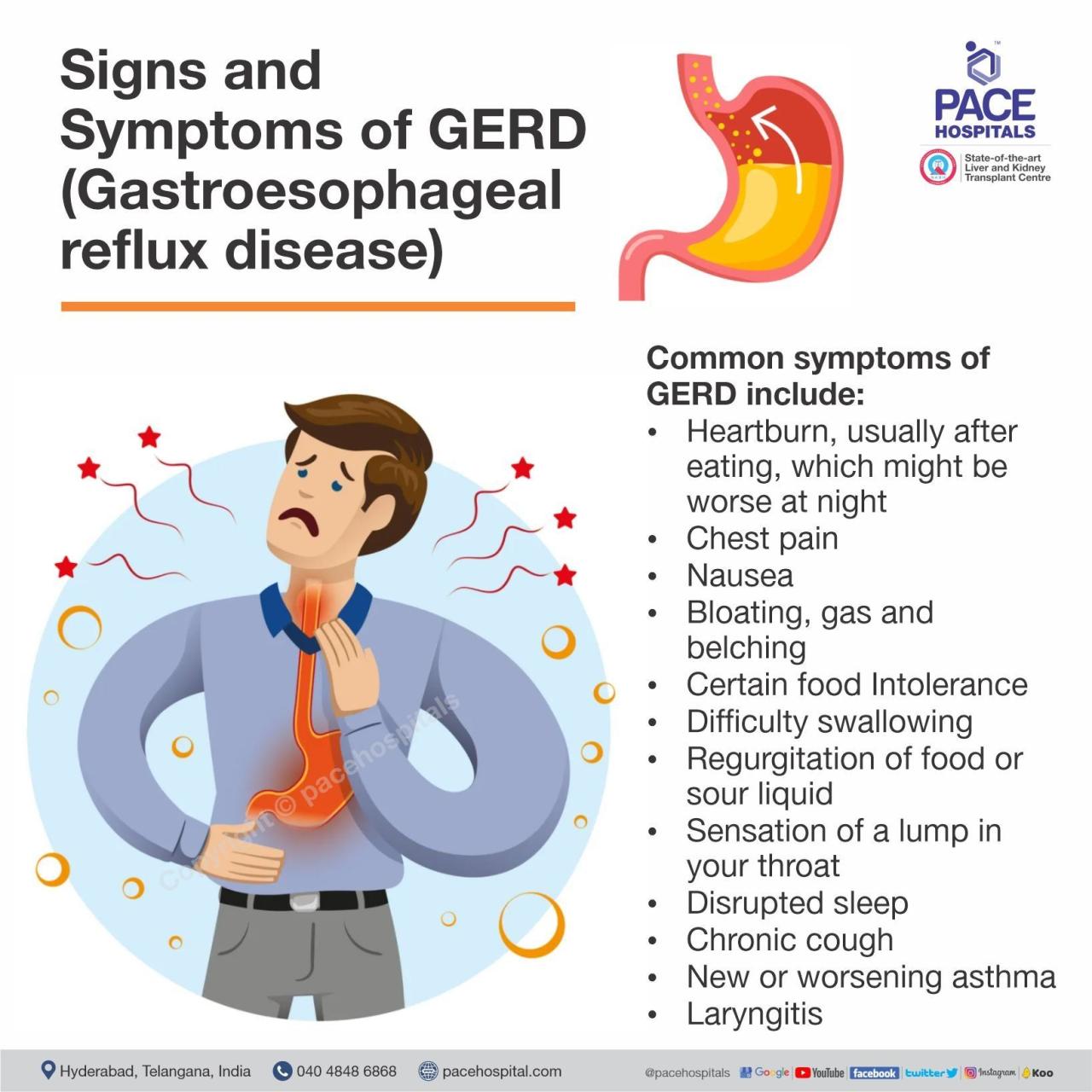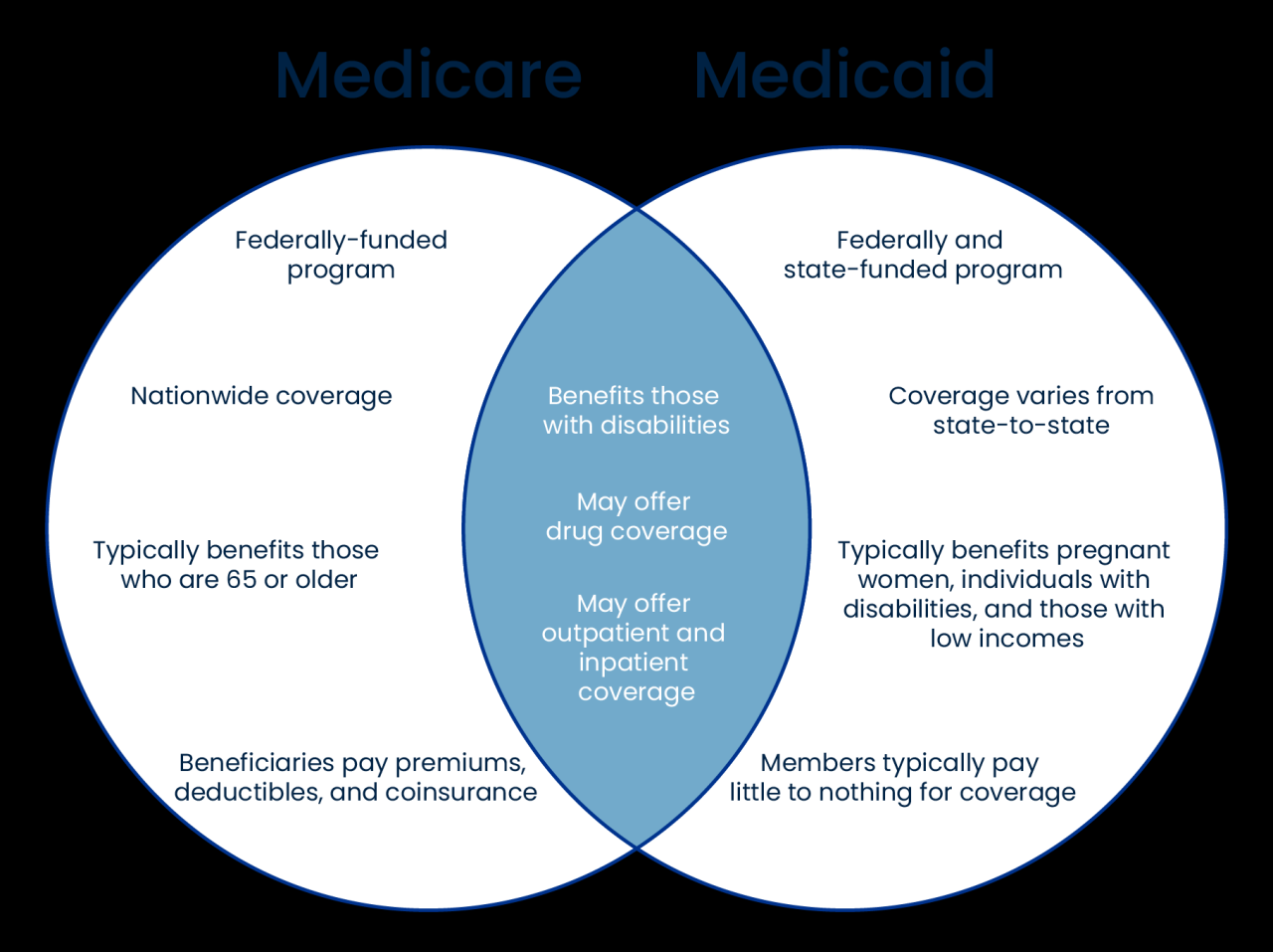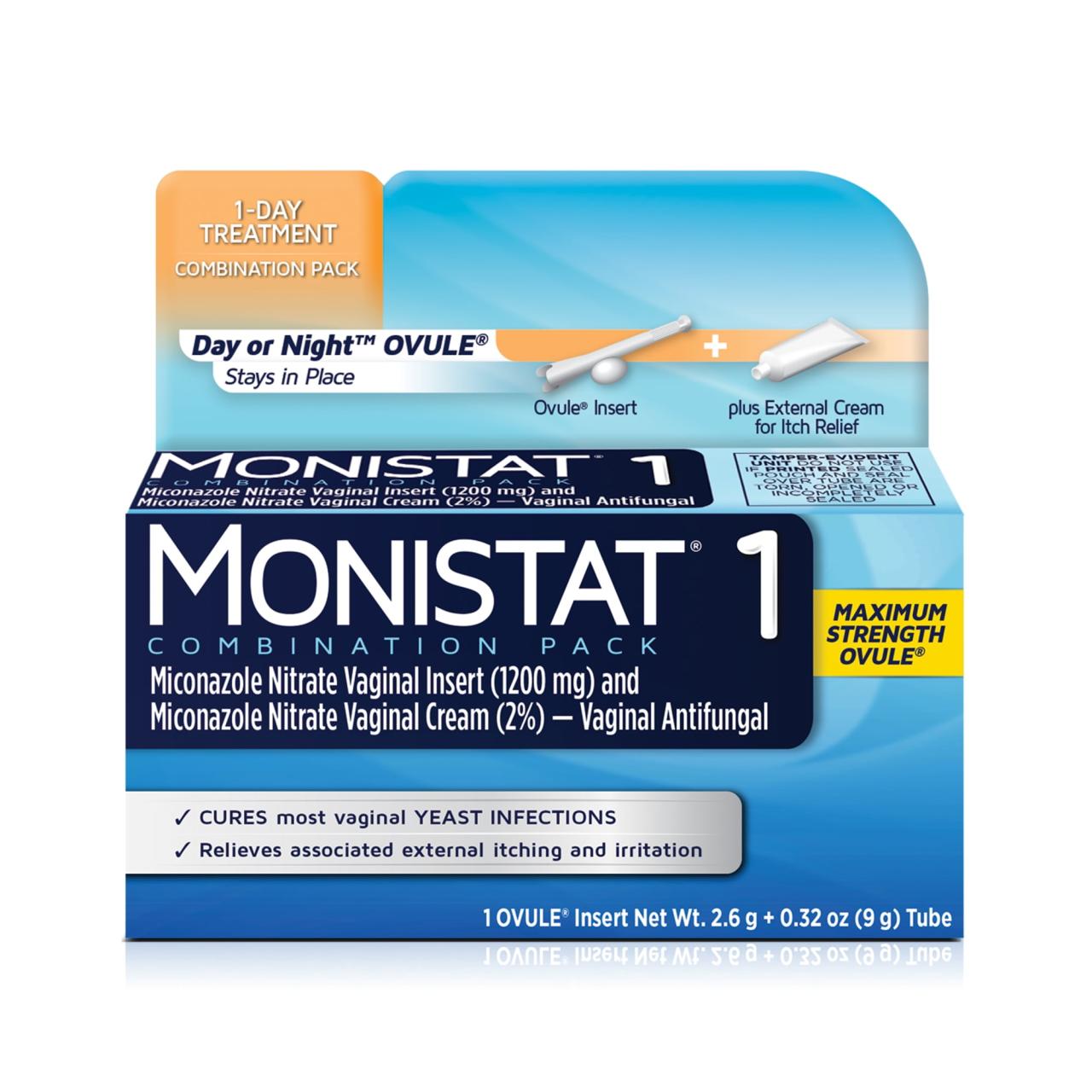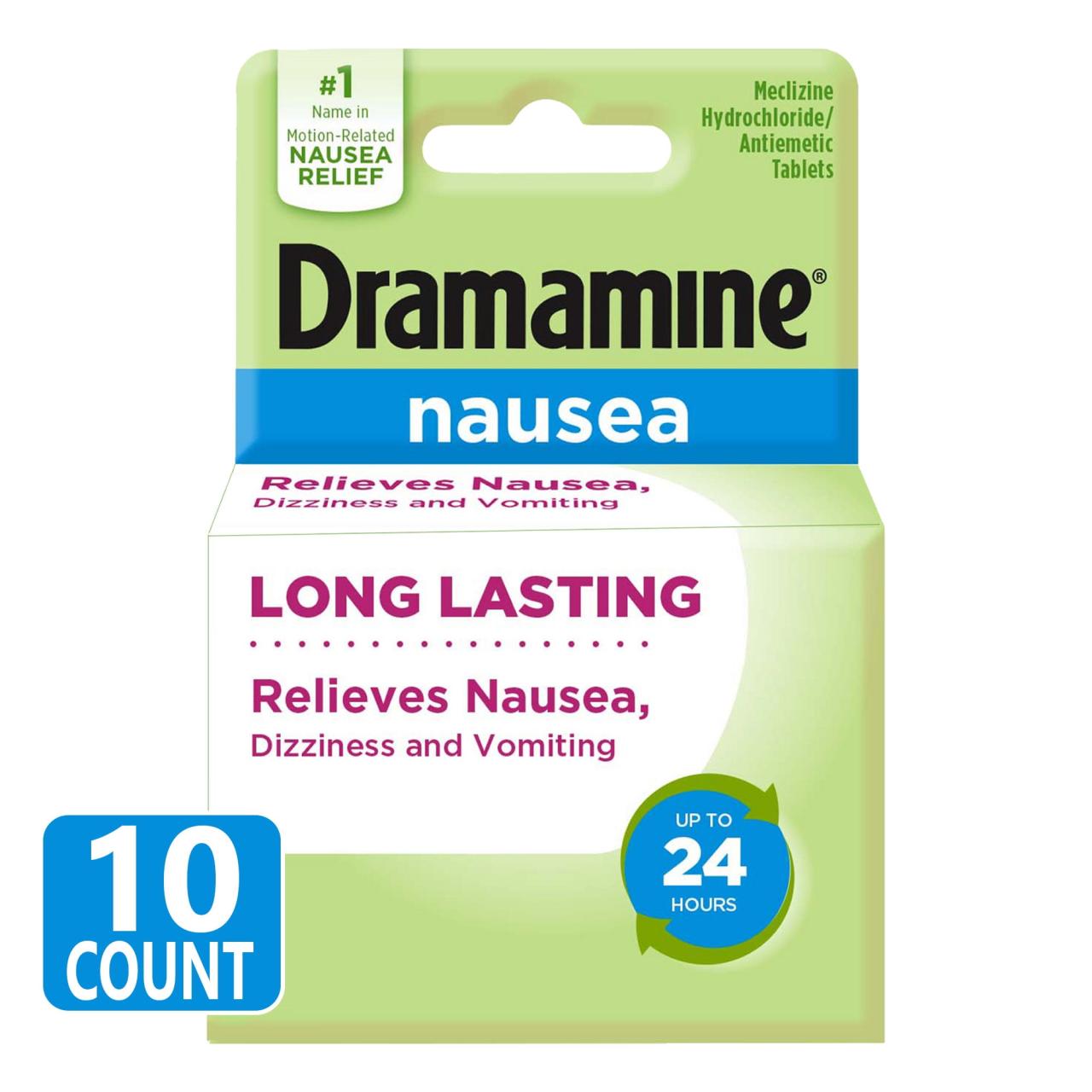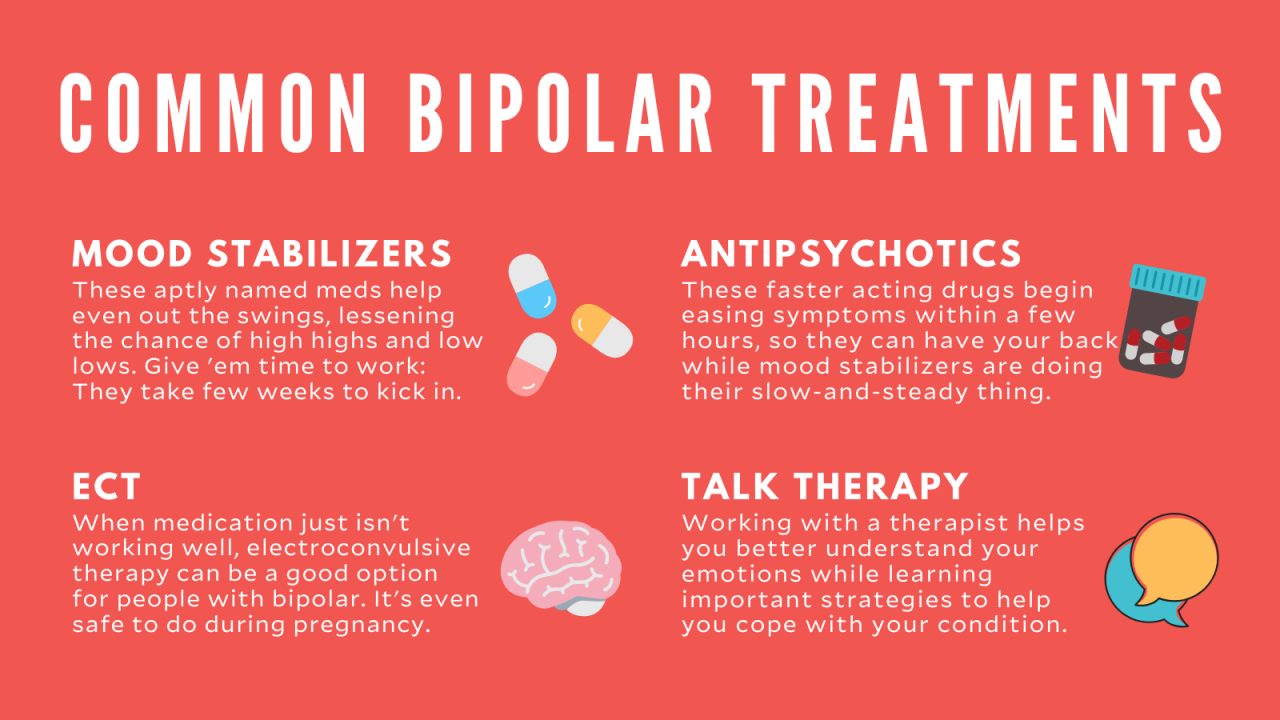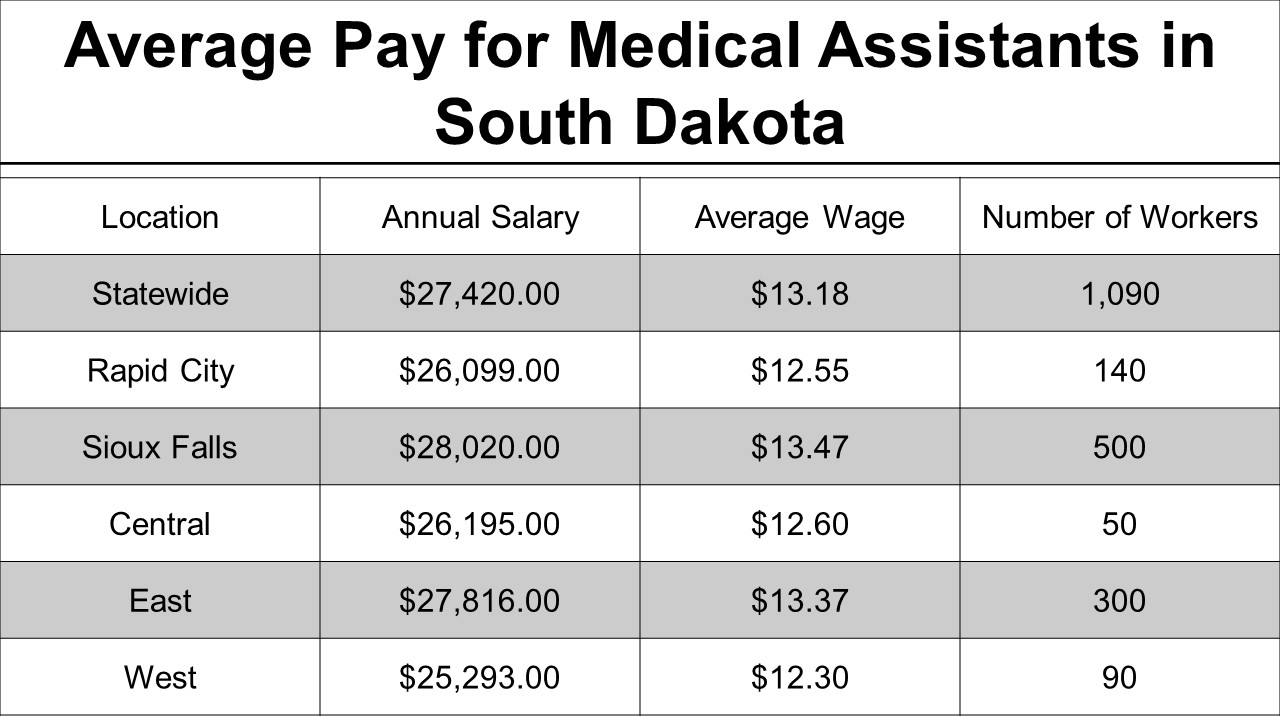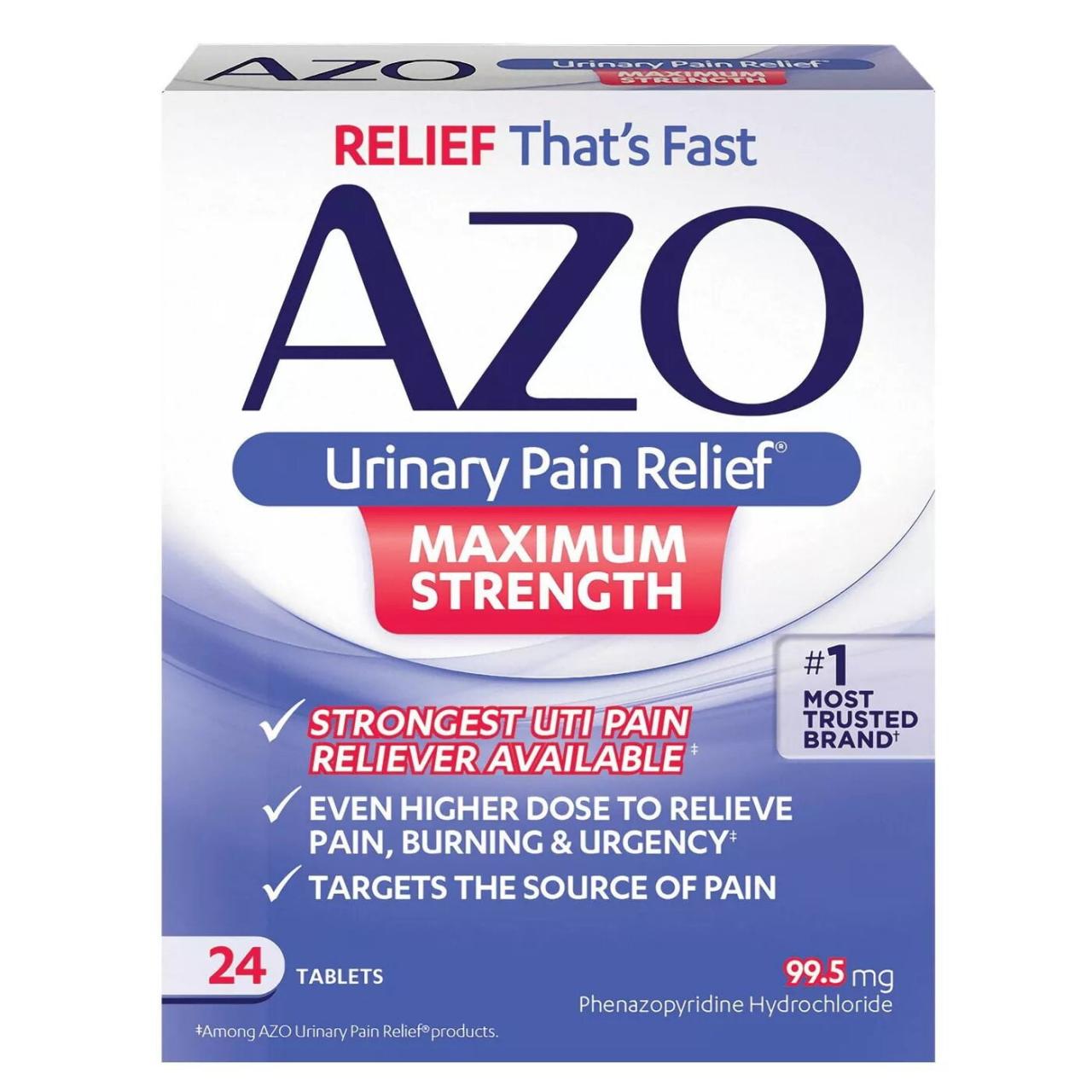Bronchitis medication plays a crucial role in managing the symptoms and discomfort associated with this common respiratory condition. Bronchitis, an inflammation of the bronchial tubes, can be caused by viral or bacterial infections, leading to a persistent cough, wheezing, and difficulty breathing.
While bronchitis often resolves on its own, understanding the different types of bronchitis, treatment options, and preventative measures is essential for achieving lasting relief.
This guide explores the various types of bronchitis, the effectiveness of over-the-counter and prescription medications, and the importance of consulting a doctor for personalized treatment plans. We’ll also delve into the role of home remedies, lifestyle changes, and vaccination in preventing and managing bronchitis.
Understanding Bronchitis
Bronchitis is an inflammation of the lining of your bronchial tubes, which carry air to and from your lungs. It’s a common respiratory illness that can cause coughing, wheezing, and shortness of breath. There are two main types of bronchitis: acute and chronic.
Causes of Bronchitis, Bronchitis medication
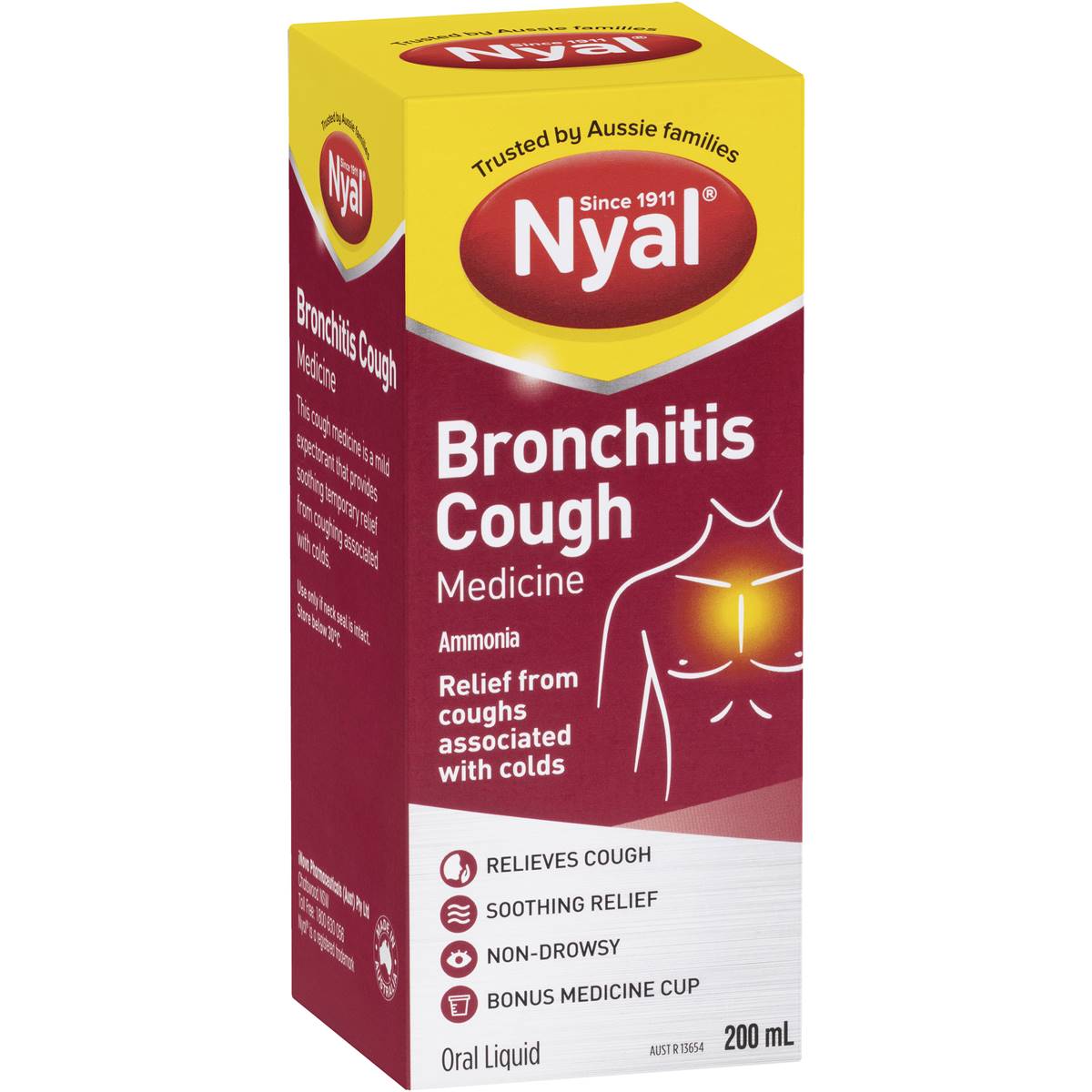
Bronchitis is usually caused by a viral infection, such as the common cold or influenza. It can also be caused by bacteria, allergens, or irritants such as cigarette smoke.
Types of Bronchitis
- Acute bronchitisis a short-term infection that usually lasts for a few days to a couple of weeks. It’s often caused by a virus.
- Chronic bronchitisis a long-term condition that causes inflammation and irritation of the bronchial tubes. It’s often caused by smoking or exposure to other irritants.
Symptoms of Bronchitis
The symptoms of bronchitis can vary depending on the severity of the infection. Some common symptoms include:
- Coughing, which may produce mucus
- Wheezing
- Shortness of breath
- Chest tightness
- Fatigue
- Fever
- Sore throat
Treatment Options
Treatment for bronchitis depends on the type of bronchitis and the severity of your symptoms. Most cases of acute bronchitis resolve on their own within a few weeks.
Over-the-Counter Medications
Over-the-counter medications can help relieve the symptoms of bronchitis, but they don’t cure the underlying infection. Some common over-the-counter medications include:
- Pain relievers, such as ibuprofen or acetaminophen, can help reduce fever and pain.
- Decongestantscan help relieve nasal congestion.
- Cough suppressantscan help reduce coughing.
- Expectorantscan help thin mucus and make it easier to cough up.
Antibiotics
Antibiotics are not effective in treating bronchitis caused by viruses. However, if your bronchitis is caused by bacteria, your doctor may prescribe antibiotics.
Cough Suppressants and Expectorants
Cough suppressants work by suppressing the cough reflex, while expectorants help thin mucus and make it easier to cough up. Cough suppressants can be helpful if your cough is keeping you up at night or interfering with your daily activities.
Expectorants can be helpful if you have a lot of mucus in your lungs.
Home Remedies
Home remedies can also help relieve the symptoms of bronchitis. Some common home remedies include:
- Rest: Getting enough rest can help your body fight off the infection.
- Fluids: Drinking plenty of fluids can help thin mucus and make it easier to cough up.
- Humidifier: Using a humidifier can help add moisture to the air, which can soothe your airways.
- Saltwater gargles: Gargling with warm salt water can help relieve a sore throat.
- Honey: Honey can help soothe a cough and may have antibacterial properties.
Medication Considerations
It’s important to use bronchitis medications safely and effectively. Always follow your doctor’s instructions carefully.
Side Effects
All medications have the potential for side effects. Some common side effects of bronchitis medications include:
- Drowsiness
- Stomach upset
- Headache
- Dizziness
Dosage
It’s important to take the correct dosage of your medication. Taking too much medication can increase your risk of side effects. Taking too little medication may not be effective in treating your symptoms.
Consult a Doctor
Always consult your doctor before starting any new medication. Your doctor can help you determine the best treatment for your bronchitis and make sure that the medication is safe for you to take.
Preventing Bronchitis
While you can’t always prevent bronchitis, there are things you can do to reduce your risk.
Tips to Prevent Bronchitis
- Wash your hands frequently: This is one of the best ways to prevent the spread of viruses and bacteria.
- Avoid close contact with sick people: If you’re sick, try to stay home to avoid spreading your illness.
- Get vaccinated: Getting vaccinated against influenza and other respiratory viruses can help reduce your risk of bronchitis.
- Quit smoking: Smoking is a major risk factor for bronchitis. If you smoke, quitting is the best thing you can do for your health.
- Avoid irritants: If you’re exposed to irritants such as dust, fumes, or smoke, try to limit your exposure.
Living with Bronchitis: Bronchitis Medication
If you have bronchitis, there are things you can do to manage your symptoms and improve your quality of life.
Strategies for Managing Bronchitis Symptoms
- Get plenty of rest: Rest can help your body fight off the infection.
- Drink plenty of fluids: Fluids can help thin mucus and make it easier to cough up.
- Use a humidifier: A humidifier can help add moisture to the air, which can soothe your airways.
- Avoid irritants: Irritants such as smoke, dust, and fumes can worsen your symptoms. Try to avoid these irritants as much as possible.
- Take over-the-counter medications: Over-the-counter medications can help relieve your symptoms.
- See your doctor: If your symptoms are severe or don’t improve with home treatment, see your doctor.
Outcome Summary
Living with bronchitis can be challenging, but understanding the different treatment options and preventive measures empowers you to take control of your health. Remember, if you experience persistent symptoms or have concerns, it’s crucial to seek medical advice. With proper care and proactive measures, you can effectively manage bronchitis and improve your overall well-being.


